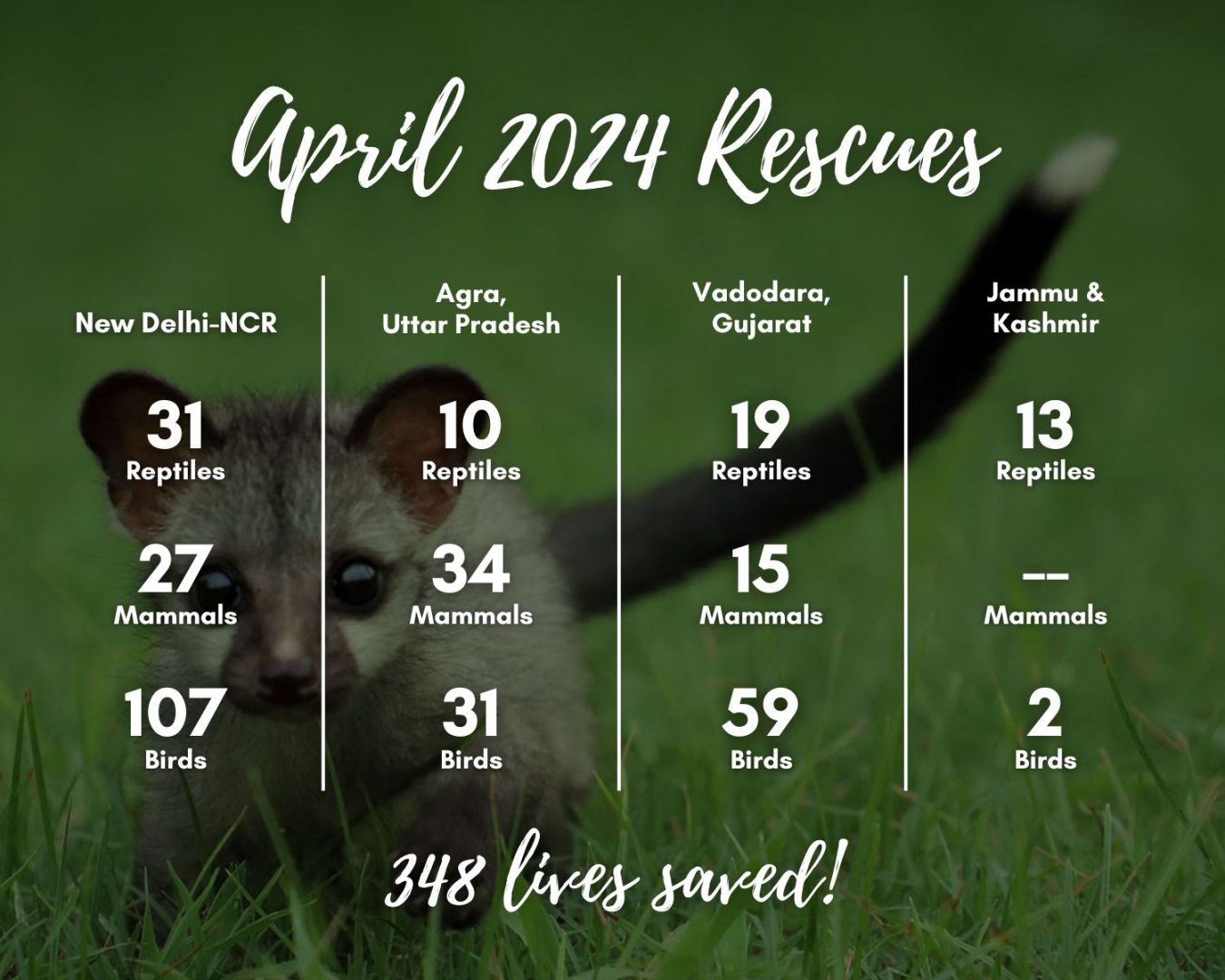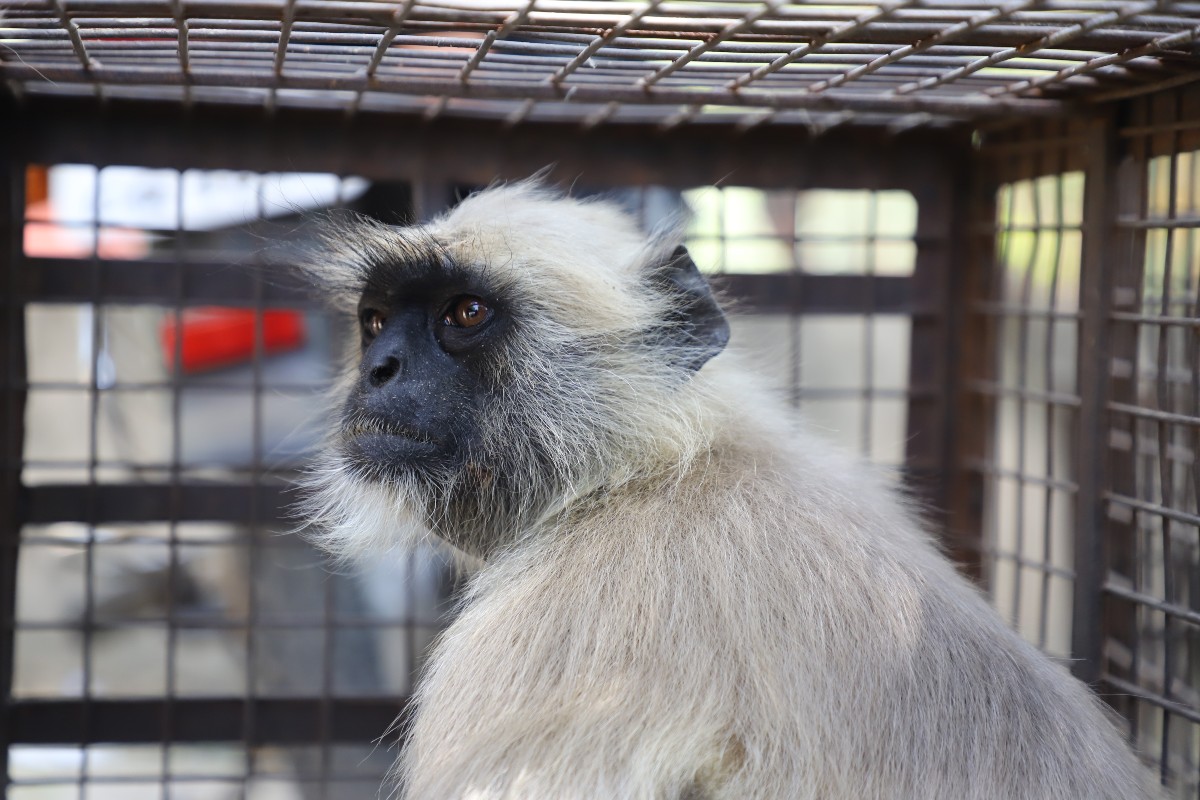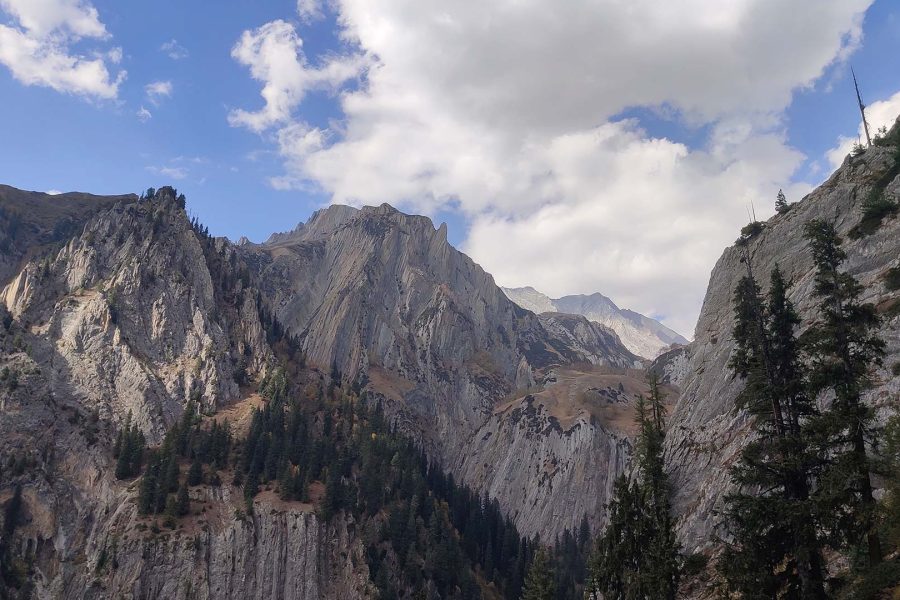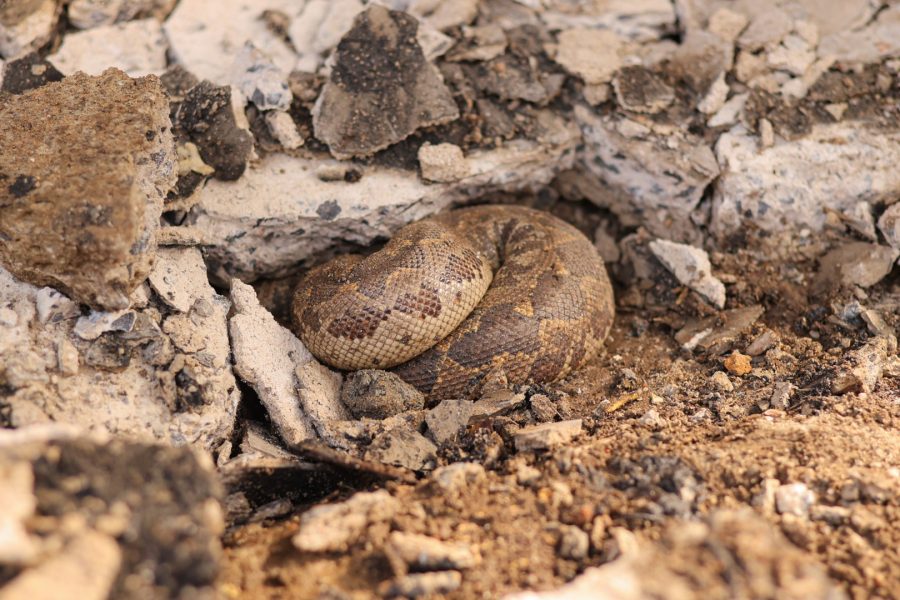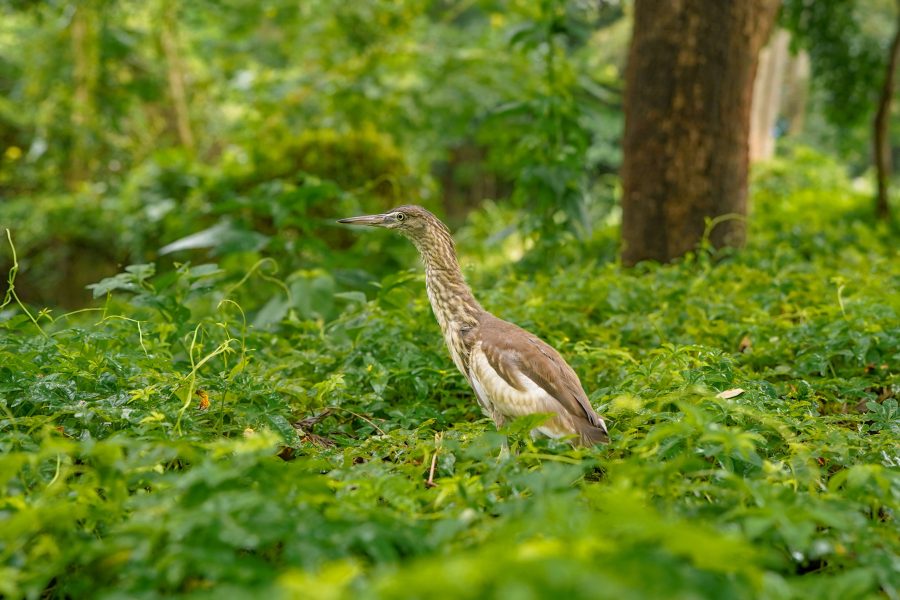The Wildlife SOS Rapid Response Units are always poised to rescue injured or mistreated animals in need. April was no exception, with our team rescuing a total of 348 animals, including birds, reptiles, and various mammals. Our efforts spanned from rescuing animals illegally held captive to those affected by the intense heatwave and other impacts of human activities.
Delhi NCR
With the heat wave engulfing Central India, it’s not just humans who are affected but also the animals sharing our environment. In Delhi, our rescue team primarily handled cases of animals found dehydrated due to the extreme heat or while seeking shelter from the scorching temperatures.
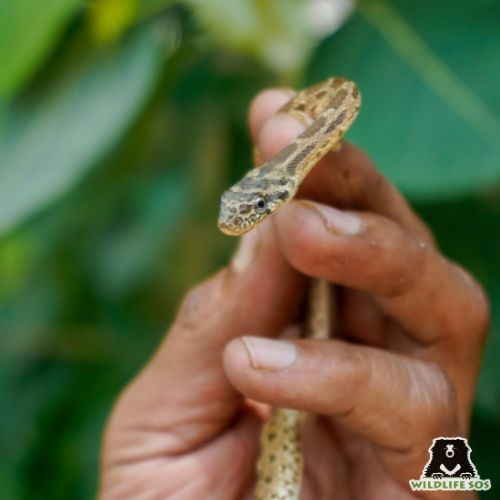
Our team rescued a total of 31 reptiles, including common cobras, Indian wolf snakes, royal snakes, rat snakes, and a monitor lizard. Many of these rescues occurred because these reptiles entered human habitation in search of cooler, wetter places to hide ranging from water tanks to inside home cupboards and factories. Additionally, the team rescued 107 birds, including crows, doves, mynahs, barn owls, pigeons, and kites. The most frequently rescued bird species were pigeons and kites, both common in urban areas.
The team also rescued 27 mammals, including numerous squirrels and monkeys, as well as a jackal and a civet cat.
Agra, Uttar Pradesh
In a successful anti-poaching operation, nine Indian grey langurs were rescued and released back into the wild through a joint effort by the Uttar Pradesh Forest Department and Wildlife SOS. The troop, consisting of six females, two males, and a baby, was found tied with ropes in a residential colony in Agra’s Sadar area. They had been captured so they could be trained to control the rising ‘monkey menace’ by scaring and keeping away rhesus macaques. The langur is listed in Schedule II of the Wildlife (Protection) Act, 1972 that states that they cannot be owned or sold by anyone.

In another rescue, a male hog deer was treated by our rescue team and released back into the wild after villagers in Kheragarh town, Agra, found it injured from dog bites.
Additionally, our rescue unit in Agra was instrumental in extricating 10 reptiles, including Indian rat snakes, common wolf snakes, spectacled cobras, and Bengal monitor lizards that were found within residences. The team also rescued 34 mammals, including a wild boar, a spotted deer, a hog deer, 18 rhesus macaques, and four nilgais, as well as 31 birds, such as Indian peafowls, black kites, barn owls, grey francolins, and Indian rock pigeons.
Vadodara, Gujarat
In Vadodara, reptile rescue calls are quite common due to the presence of the Vishwamitri river and the rapid urbanisation around it. As civilization encroaches upon their natural habitats, reptiles that would typically reside near the river are increasingly venturing into human settlements, seeking refuge from the heat. In April alone, 19 reptiles were rescued, including five venomous and 10 non-venomous snakes, and two monitor lizards. Two tortoises were also rescued and handed over to the authorities after their owners realised that housing them was illegal.

The scorching temperatures in the city, averaging over 40 degrees Celsius, prompted the rescue of 59 birds by concerned residents. These avians were found suffering from dehydration and sunstroke. The team administered ORS (Oral Rehydration Solution) to the birds under observation and released them back to their natural habitats once they showed signs of improvement. Additionally, the team assisted in rescuing 15 mammals, including monkeys, squirrels, cats, and dogs, providing necessary care and treatment to alleviate their distress.
Srinagar, Jammu and Kashmir
While summer temperatures soar across most of the country, Kashmir enjoys milder weather compared to central India. This climate brings different rescue challenges. While animals in many regions are rescued due to dehydration in April, our Kashmir team focuses on rescuing snakes emerging from their burrows to sunbathe and regulate their body temperature. As tourism sites in Kashmir grow, snakes inevitably venture into human-populated areas, increasing their sightings that necessitate their safe removal. This month, we relocated eight rat snakes, two Himalayan trinkets, two Levantine vipers, and a snakelet from public places and tourist facilities. Additionally, the Kashmir rescue team rescued two injured black kites.
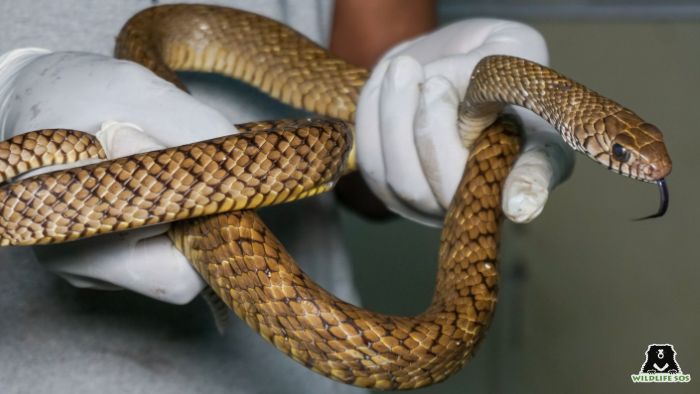
Every month, Wildlife SOS carries out numerous rescues of wild animals. Our Rapid Response Unit is established in the following regions and can be reached for assistance:
Delhi NCR: +91 9871963535
Agra: +91 9917109666
Vadodara: +91 9825011117
Jammu and Kashmir: +91 7006692300, +91 9419778280
